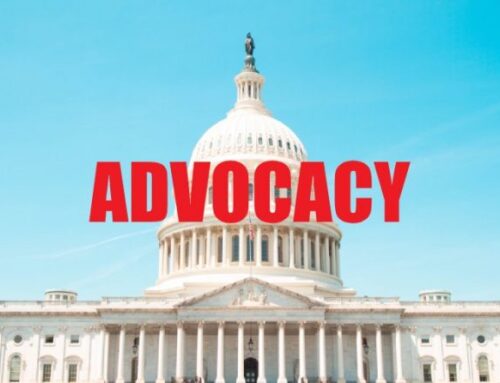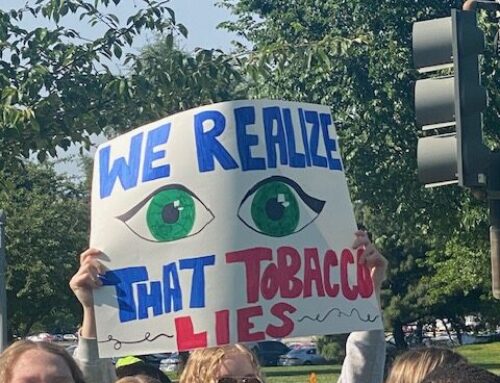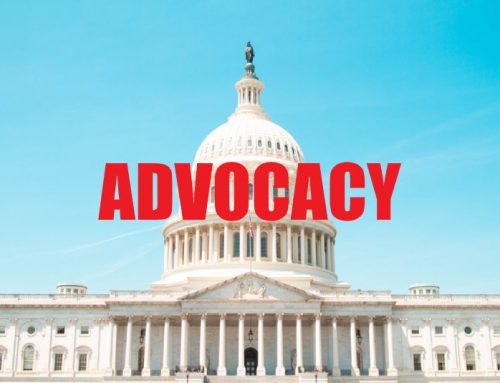Excerpt:
We are pleased to submit these comments in the above-designated docket. Our organizations are nonprofit public health and medical organizations which are actively engaged in efforts to eliminate the disease and death caused by the use of tobacco products in the United States and throughout the world.
As you prepare to negotiate a free trade and investment agreement with Japan, we urge that you ensure that the agreement provides the protections necessary to enable both countries to adopt public health measures to protect their citizens from the death and disease caused by tobacco products without facing the risk of litigation by the tobacco companies. It is essential that any agreement address the unique harms tobacco products cause, and includes provisions to ensure that the United States and Japan do not face the threat of investor litigation from the tobacco industry.
Tobacco products are the only consumer products that kill when used exactly as intended. Each year more than 480,000 Americans die from tobacco use. Globally, tobacco kills more than 7 million people annually, and without effective tobacco control policies to reduce consumption, one billion people will die from using tobacco products this century. For these reasons, tobacco products are the only consumer product subject to a UN treaty specifically designed to prevent and reduce their use — the WHO Framework Convention on Tobacco Control.
Countries around the globe are implementing tobacco control policies from graphic health warning labels to plain packaging. The tobacco industry has aggressively responded by using investor-state dispute settlement (ISDS) provisions in trade and investment treaties to both threaten and file legal challenges against countries’ policies. Despite not prevailing on its investment claims, the tobacco industry has long used legal threats and challenges to intimidate governments from moving forward with policies to prevent or reduce tobacco consumption. The tobacco industry’s behavior is a real and direct threat to public health.
The United States-Mexico-Canada Agreement (USMCA) significantly limits the tobacco industry’s ability to initiate disputes challenging tobacco control measures by eliminating ISDS between the U.S. and Canada and limiting ISDS claims between the U.S. and Mexico for the majority of industries, including the tobacco industry, to direct expropriation and discrimination claims brought under the grounds of National Treatment or Most-Favored Nation Treatment.
Any ISDS provision included in a U.S. – Japan trade agreement should prohibit challenges from private tobacco companies to tobacco control measures to reduce tobacco use. Given the experience of the tobacco companies using the investor-state provisions in other treaties to challenge tobacco control measures, this protection is critical. It is also particularly important because the U.S. is moving forward with adopting graphic warning labels to accompany textual warnings that together will cover 50% of the front and back of a cigarette pack. Also note that the United States has previously defended a tobacco-related NAFTA claim in Grand River v. United States, which, despite the United States’ prevailing on the seven-year long claim, cost the taxpayers millions of dollars to litigate. Protecting the right of the United States and Japan to implement tobacco control policies free from the threat of tobacco industry ISDS challenges is critical for both nations to protect the health of their citizens.
As you develop your negotiating objectives for a U.S. – Japan free trade agreement, we respectfully request that you recognize that the agreement must set the example for a 21st century trade and investment agreement by, at a minimum, recognizing the unique harms caused by tobacco products and preventing the tobacco industry from using the agreement to challenge U.S. or Japanese actions to reduce the use of tobacco products.
Read Full Public Health Group Comments on US-Japan FTA 11.26.18




